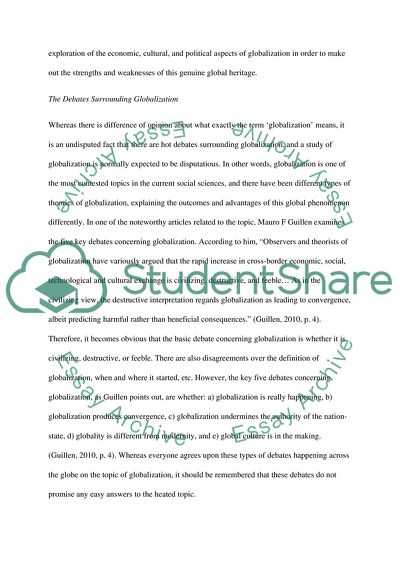Cite this document
(The Debates Surrounding Globalization Research Paper, n.d.)
The Debates Surrounding Globalization Research Paper. Retrieved from https://studentshare.org/social-science/1749470-globalism
The Debates Surrounding Globalization Research Paper. Retrieved from https://studentshare.org/social-science/1749470-globalism
(The Debates Surrounding Globalization Research Paper)
The Debates Surrounding Globalization Research Paper. https://studentshare.org/social-science/1749470-globalism.
The Debates Surrounding Globalization Research Paper. https://studentshare.org/social-science/1749470-globalism.
“The Debates Surrounding Globalization Research Paper”, n.d. https://studentshare.org/social-science/1749470-globalism.


